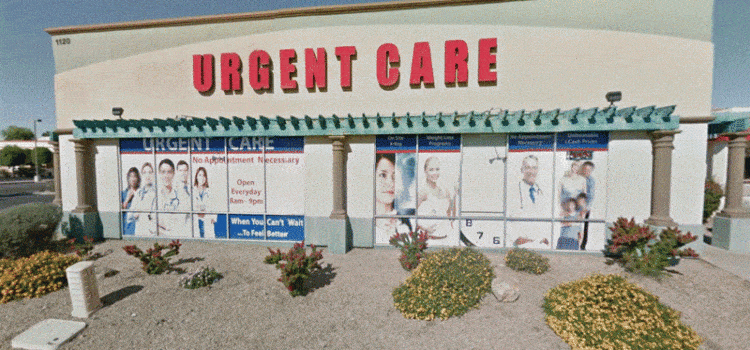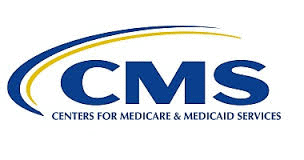The Centers for Disease Control and Prevention has issued a Health Advisory to warn clinicians of emerging Shigella strains with elevated minimum inhibitory concentration values for ciprofloxacin. The advisory outlines new guidance for clinical diagnosis, management, and reporting, and offers new recommendations for laboratories and public health officials. Recent data from the CDC, and from various state and local health agencies, indicate these strains frequently have a quinolone-resistance gene that could lead to clinically significant …
Read More









